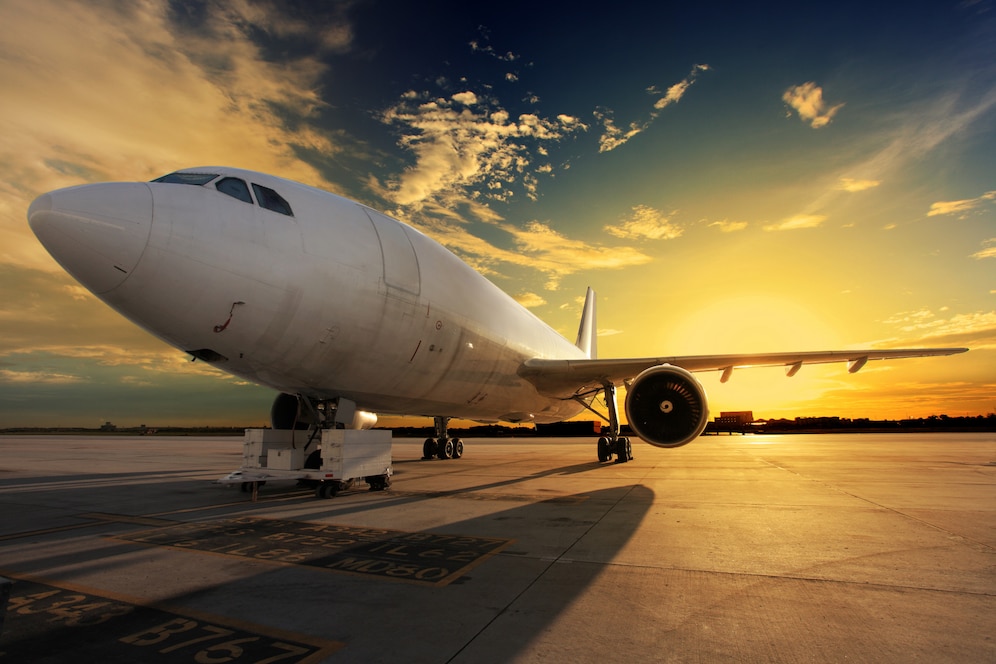Six factors that affect your airfreight cost
Airfreight shipping costs can be complex to understand because there are many factors that affect the price. This article will explain six of the main cost-affecting factors of airfreight so that you can be better informed the next time you need to ship something by air. Here are six important factors to consider.

1.Type of goods being shipped
Type of goods being shipped: Airfreight rates are based on the type of commodity being shipped. There are three major categories of commodities: general cargo, perishable cargo, and dangerous goods. General cargo is the least expensive to ship because it is not time-sensitive and does not require special handling. Perishable cargo is more expensive to ship because it must be shipped in temperature-controlled containers and arrive at its destination quickly. Dangerous goods are the most expensive to ship because they require special handling and packaging.
2.The origin and destination of the shipment
When it comes to airfreight, the origin and destination of your shipment can have a big impact on cost. For example, if you’re shipping from a country with high tariffs to another country with high tariffs, you can expect your airfreight costs to be higher than if you were shipping from a low-tariff country to a high-tariff country. Additionally, if you’re shipping to a remote or difficult-to-reach location, your airfreight costs will likely be higher than if you were shipping to a more central location. Ultimately, when deciding where to ship your goods via airfreight, it’s important to consider both the origin and destination of your shipment and how those factors might affect your bottom line.
3.Volume of the shipment.
The cost of shipping via airfreight is largely influenced by the volume of the shipment. A general rule of thumb is that the larger the shipment, the higher the airfreight costs. This is because airlines charge by weight and/or space, so a heavier or larger shipment will cost more to ship than a smaller one.
4.Fuel surcharges
Fuel surcharges are an additional fee that airlines charge to cover the cost of fuel. These surcharges can add up to 30 percent to the cost of shipping goods by air.
Fuel surcharges are a major problem for the airfreight industry because they increase costs for both shippers and airlines. For shippers, higher fuel surcharges mean higher shipping costs.
5.Security surcharges
Security surcharges are typically passed on to shippers by freight forwarders and other logistics providers. This means that companies shipping goods by air will see an increase in their freight costs. In some cases, these charges may be negotiable, but it is important to be aware of them when budgeting for airfreight shipments.
6.Customs fees
Airfreight costs are affected by many factors, one of which is customs fees. Customs fees are charges assessed by a government for the processing of imported goods. These fees can vary depending on the country of origin, the type of goods being imported, and the value of the shipment.
Customs fees can have a significant impact on airfreight costs, particularly for companies that import large quantities of goods.
by considering each of these factors carefully, you can ensure that you get the best possible deal on your airfreight shipment. Pacific Logistic Solutions can help you with all of your airfreight needs.
